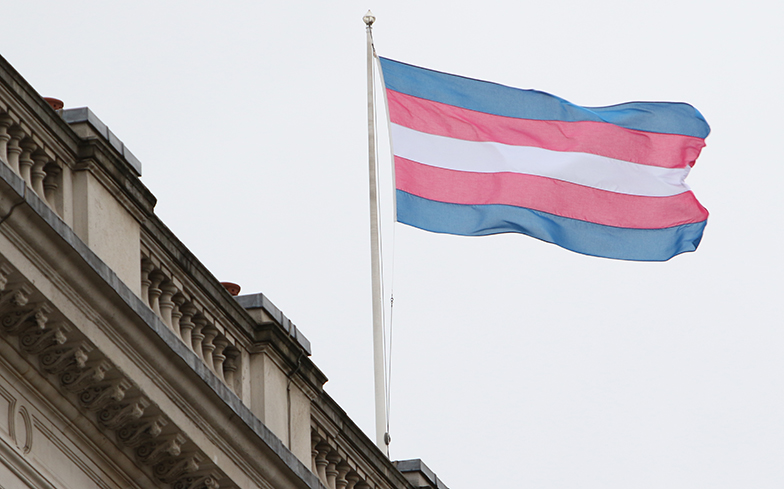
Alabama Republican governor, Kay Ivey, has signed a bill prohibiting trans athletes from participating in public school sporting events.
House Bill 391 was recently signed into law after passing a motion to be read a third time with a landslide vote of 25-5 in support of the legislation.
The bill states it will allow athletic “competition by one biological gender against another prohibited unless the event specifically includes both genders” which directly bans male and female trans participants.
The publicly available outline of the law offers greater insight into the details of the proposed law. A reoccurring aspect in the bill’s summary relates to the “physical differences between biological males and biological females”.
House Bill 391 states separate athletic teams are necessary due to the athletes’ biological sex and to help “reduces the chance of injury to biological female athletes and promotes sex equality”.
Public K-12 schools must not compete, support, or sponsor events exclusively available for males who are not “biological male as indicated on a birth certificate” or participate in athletic events exclusively for females who are “not biological female” as indicated on a birth certificate.
The law later clarifies the House Bill will not apply to athletic events where “biological males and biological females” are permitted to participate.
The summary of the law continuously leans on biological makeup to defend its proposed legislation but does not explain how biological sex will be defined.
The lack of specified details is concerning as the House Bill could lead to invasive legislation and genital screenings.
Earlier this year Representative Greg Steube recently introduced bill H.R. 426, which is more commonly known as the Protection of Women and Girls in Sports Act of 2021.
Similar concerns arose regarding the Protection of Women and Girls in Sports Act as the bill doesn’t offer an explanation of how a student’s “reproductive biology” would be checked, but it does not rule out any possibility of screenings or exams.
The US has seen a disturbing rise of anti-trans bills being introduced and passed. Currently, there are more than 234 anti-LGBTQ bills under consideration in state legislatures across the US.
There are 122 proposed bills that directly discriminate against transgender people and more than 60 of these bills, like the Women’s Sports Act, ban transgender girls and women from participating in sports consistent with their gender identity.
Recently, the Oklahoma House of Representatives passed Senate Bill 2 (SB 2) which bans transgender girls and women from participating in sports.
The amended Senate Bill targets trans women and girls at the elementary, secondary, or post-secondary level of education, and requires parents to submit an annual affidavit “acknowledging the biological sex of the student at birth” to allow their child to participate in school state sports.
SB 2, also known as the Save Women’s Sports Act, was passed on Monday (April 20) and states “Athletic teams designated for ‘females,’ ‘women’ or ‘girls’ shall not be open to students of the male sex”.
The summary of the recently passed bill calls for “certain athletic teams to be designated based on biological sex.” Oklahoma House passed the Senate Bill with a high majority reaching a 73-19 vote.
Tennessee became the third state to ban trans athletes from competing in middle and high school sports after Governor of Tennessee, Bill Lee, signed the law.
Mississippi and South Dakota both passed bills discriminating against transgender youth in sports.
Mississippi’s Bill 2536, which exists under the title “provide that schools designate teams by biological sex”, aims to make it state binding that educational institutions must segregate sports teams based on biological sex.
The passed legislation made Mississippi the first state to pass a law that would ban transgender girls and women from school sports.
South Dakota legislature passed an anti-trans bill, H.B. 1217 in March. The state became the second state legislature to pass an anti-transgender bill this year.
Arkansas also passed a law, Senate Bill 289, which allows healthcare professionals to deny care to individuals under religious grounds.
The Medical Ethics and Diversity Act, also known as Senate Bill 289, is a newly passed legislation allowing healthcare providers to refuse healthcare services to those that “violate” their personal beliefs.



